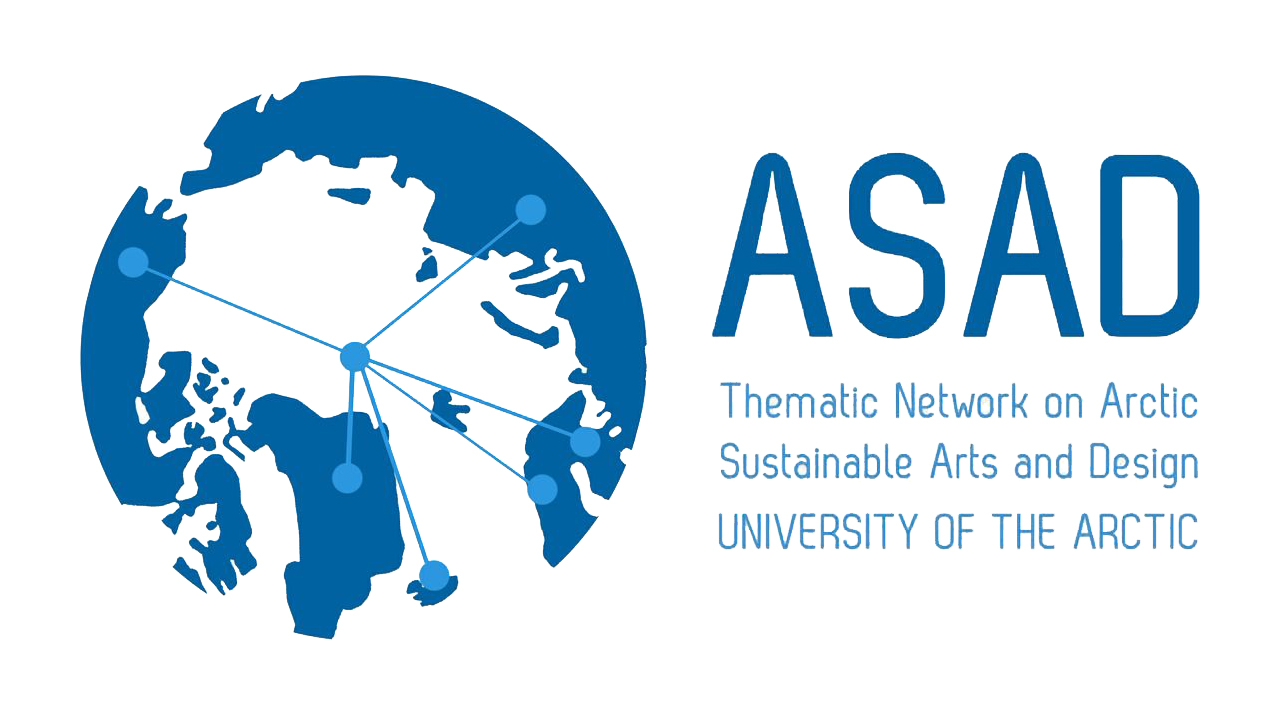
Hybrid School Between Finland, Sweden, Norway and Scotland
The participating MA and PhD students and scholars came from the ASAD partner institutions Nord University of Norway, University of Lapland (Finland), Umeå University (Sweden) and University of West of Scotland. Their academic disciplines were art education, general teacher education, fine arts, media and clothing design.
This third LiLa school started at the culmination of the Coronapandemic fading and during the escalation of the unstable world security situation, which cast uncertainties in the planning and execution of the school. Te partners discussed whether to implement the school fully online or to try to include a feldwork period at the end of the school. The school was launched online in March, with emerging hope of travel possibilities to the island of Træna in Norway. The lectures and seminars took place online as initially planned, and the feldwork was implemented simultaneously in Norway and Scotland in May.
A starting point for the art-based working in the summer school was the concept of taskscape of the anthropologist Tim Ingold (1993). It refers to our way of being and dwelling and the tasks we perform while in our daily landscapes. When the school progressed, the participants were interested in examining their relationships with their landscapes alongside their taskscapes through the concept of co-knowing. Co-knowing was also present in how we got to know the other participants and their way of looking at the landscape.
During the summer school, each participant worked on their art-based processes and collected knowledge and materials. At the end of the school, the works were displayed both virtually and at physical exhibitions in gallery Kilo, Rovaniemi and gallery Kellokas in Kolari, Finland. Publication consists of visual essays where some of the processes are introduced. These essays have elements from feldwork week locations and the writers’ own places. The artworks, artist statements and visual essays show how the art-based approaches made the participants consider how their dwelling, identity and work were related to the themes of the course. The works reflect how living can be made more sustainable and consistent for the other beings dwelling in these same landscapes.
LiLa 2022 turned out to be a school where everyone committed to doing things together made their own contribution to the promotion of activities and created a strong community spirit, even though we mostly met only online. The school would not have succeeded without our co-coordinators, Mette Gårdvik, Lotta Lundstedt and Kathryn Burnett, who worked hard to support everyone in the school.
Images: Mari Parpala & Liisa Ahola, 2022.
More Information:
Elina Härkönen elina.harkonen(at)ulapland.fi
Timo Jokela timo.jokela(at)ulapland.fi





